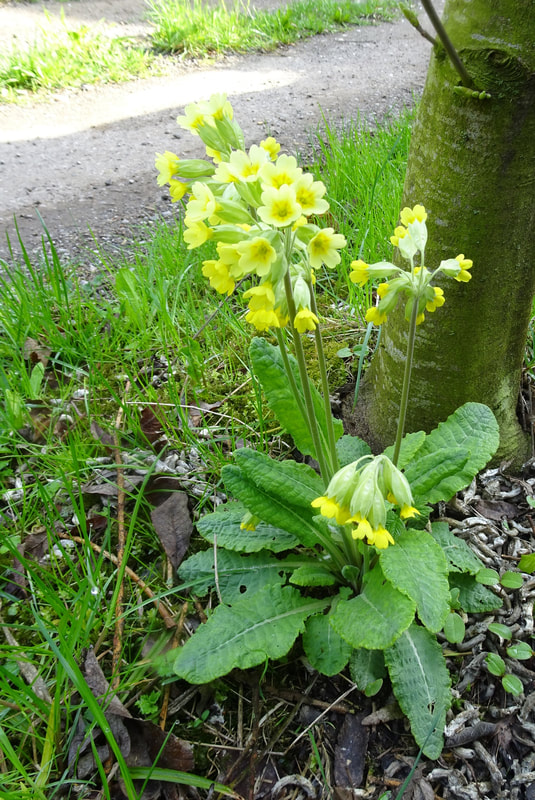by Summer Worsley
A groundbreaking study led by The Australian National University (ANU) warns that we could lose 1,500 endangered languages by the end of this century.
Lindell Bromham, an ANU Professor and co-author of the paper, noted that around half of the world’s 7,000 recognised languages are currently endangered and warned that without “immediate intervention” language loss could triple within the next 40 years.
Published in Nature Ecology and Evolution, the study focuses on the predictors that put endangered and vulnerable languages at higher risk.
A total of 6,511 languages, more than 90% of the languages spoken worldwide, were analysed with 51 predictor variables that included aspects such as the number of speakers (population), documentation of the language, legal recognition, landscape and climate (both associated with language diversity), and socioeconomic factors among others.
The study found that contact with other languages “per se is not a driver of language loss”, a finding that runs counter to commonly held beliefs.
Instead, the paper notes several other drivers including a few surprises such as greater road density, which encourages population mobility and movement. The study also found evidence that higher levels of education can negatively affect language diversity.
Professor Bromham noted that “Contact with other local languages is not the problem – in fact languages in contact with many other Indigenous languages tend to be less endangered.” Whereas with greater road density, “it’s as if roads are helping dominant languages ‘steam roll’ over other smaller languages.”
It’s telling that this major study comes from Australia, a nation with one of the world’s highest rates of language loss. The nation is home to more than 250 Indigenous languages, but according to a 2018-2019 government report, only 123 Aboriginal and Torres Strait Islander languages are still used.
Meanwhile, the use of foreign languages spoken by expatriates in Australia is also falling. For example, census data shows that around 354,000 Australians spoke Italian at home in 2001, but by 2016, that figure had dropped to around 272,000.
As Ingrid Piller, professor of applied linguistics at Macquarie University puts it: "Australia is in many ways a graveyard of languages."
Of course, language loss is not only an Australian problem; the falling level of language diversity is a global issue. In 2011, for instance, the Guardian reported that the last two remaining speakers of Ayapaneco, a language spoken in Mexico, were not speaking to one another. Then aged 75 and 69, the two speakers both worked with linguists to help produce a dictionary of the tongue they called Nuumte Oote ‘the true voice.’
Codifying threatened languages is one way to help prevent their demise, as the ANU study notes: “To avoid the loss of over 1,500 languages by the end of the century, urgent investment is needed in language documentation, bilingual education programmes and other community-based programmes.”
UNESCO runs an interactive map of the world’s most in-danger languages, which you can find here. The online version is complementary to the Atlas, a print version detailing the same information. Both also cover revitalised languages, those that have been brought back from the brink of extinction.
At-risk languages worldwide
Currently, UNESCO lists 577 languages as critically endangered, a designation that comes just one categorisation behind extinction. Of these, 196 languages had just 1 to 50 speakers and 116 had 1 to 5 speakers. Here are just a few examples of critically endangered languages from around the world:
Dampelas
Also known as Dian, Dampal, and Dampelasa, this language is spoken in several villages in the western coastal area of Sulawesi’s central province in Indonesia. According to the Endangered Languages Project, “Dampelas speaking parents tend to speak Indonesian to their children in hopes of improving their opportunities for the future.
Luri
Not to be confused with the Iranian language of the same name, Luri, also known as Lúr and Lur, is a West Chadic language that was spoken by just two remaining people in Nigeria, according to information gathered in 2002. Of the region’s dominant languages, Hausa and Langas, the latter is also considered endangered with just a few hundred speakers remaining.
Oneida
A native American language of the Iroquoian family, Oneida is now spoken by just a handful of people, with estimates ranging as low as 47 and as high as 500. According to the University of Wisconsin, the language “has only been written down systematically in the last couple of generations.”
Why language diversity matters
Linguistic diversity matters for both ethical and aesthetic reasons. Because language is so closely tied to culture, the loss of a language means the loss of elements of some people’s identities. Unfortunately, this often comes about because of policies that marginalise both the language and its speakers, such as mandated schooling in a dominant language.
Plus, diversity, in and of itself, is a thing of beauty. Every language is special and unique, and each carries its own cultural knowledge. Losing these means losing a little piece of our humanity.
No matter how prominent or ‘minor’, every language can express infinite ideas and concepts, and every language holds generations' worth of knowledge that has been built and shaped by its speakers.
The world is a richer place with linguistic diversity.

 RSS Feed
RSS Feed